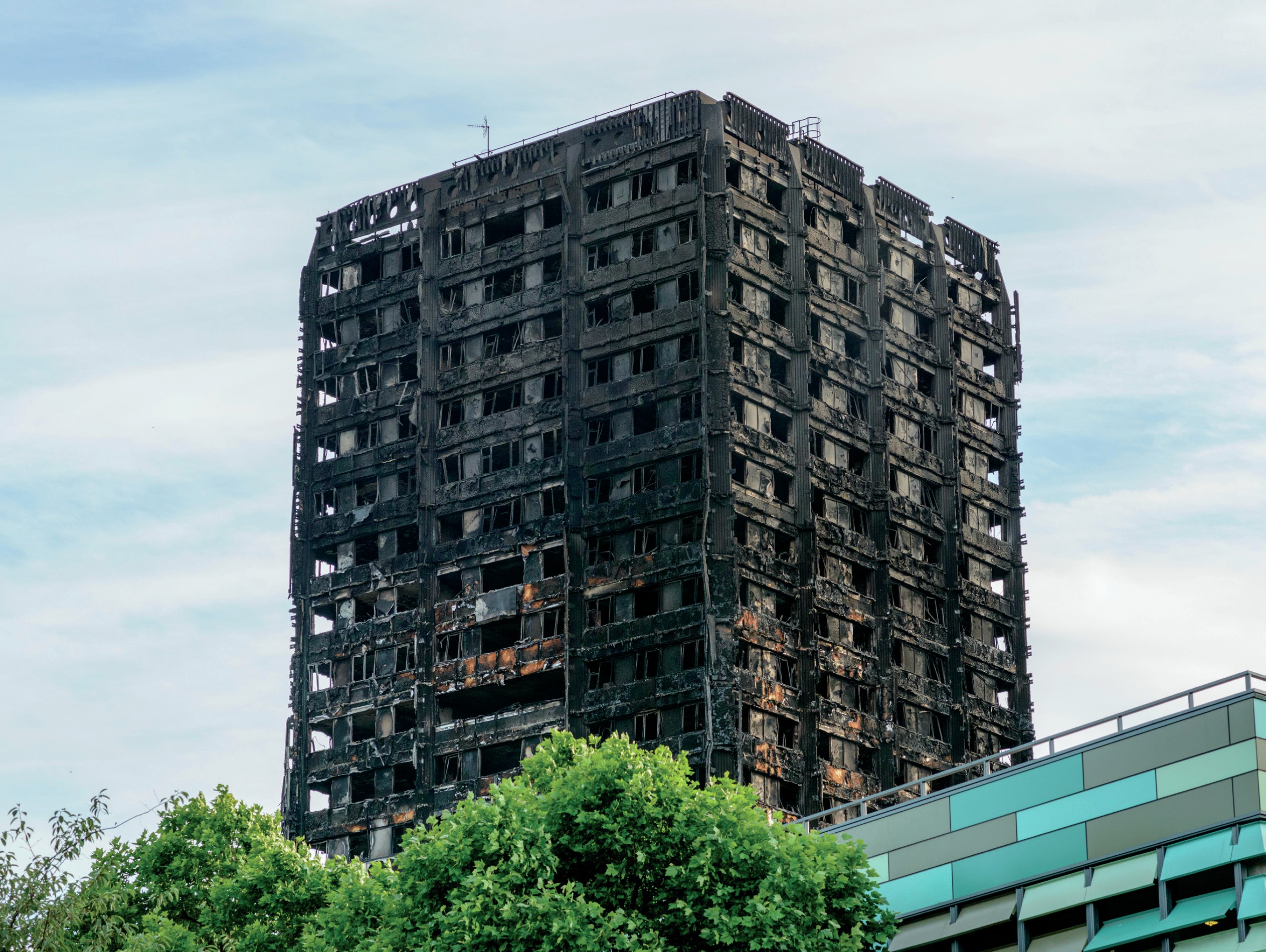
Delegation gets a good press. Who doesn’t love the idea of bosses delegating decision-making power to junior staff?Delegation can empower staff to show what they can do, providing motivation and higher-quality decisions from staff who are closer to the shop floor and therefore the customer.
Unfortunately delegation has another side to it — one that creates a serious gulf between decisions and moral responsibility. In theory, there is no problem, because theory says ‘you can delegate authority but not responsibility’. In other words the boss who delegates is still responsible for everything that happens. Years ago, honourable people took this seriously, with government ministers resigning when a mistake emerged from their department, and bosses resigning when failings emerged.
Your organisation does not have access to this article.
Sign up today to give your students the edge they need to achieve their best grades with subject expertise
Subscribe




